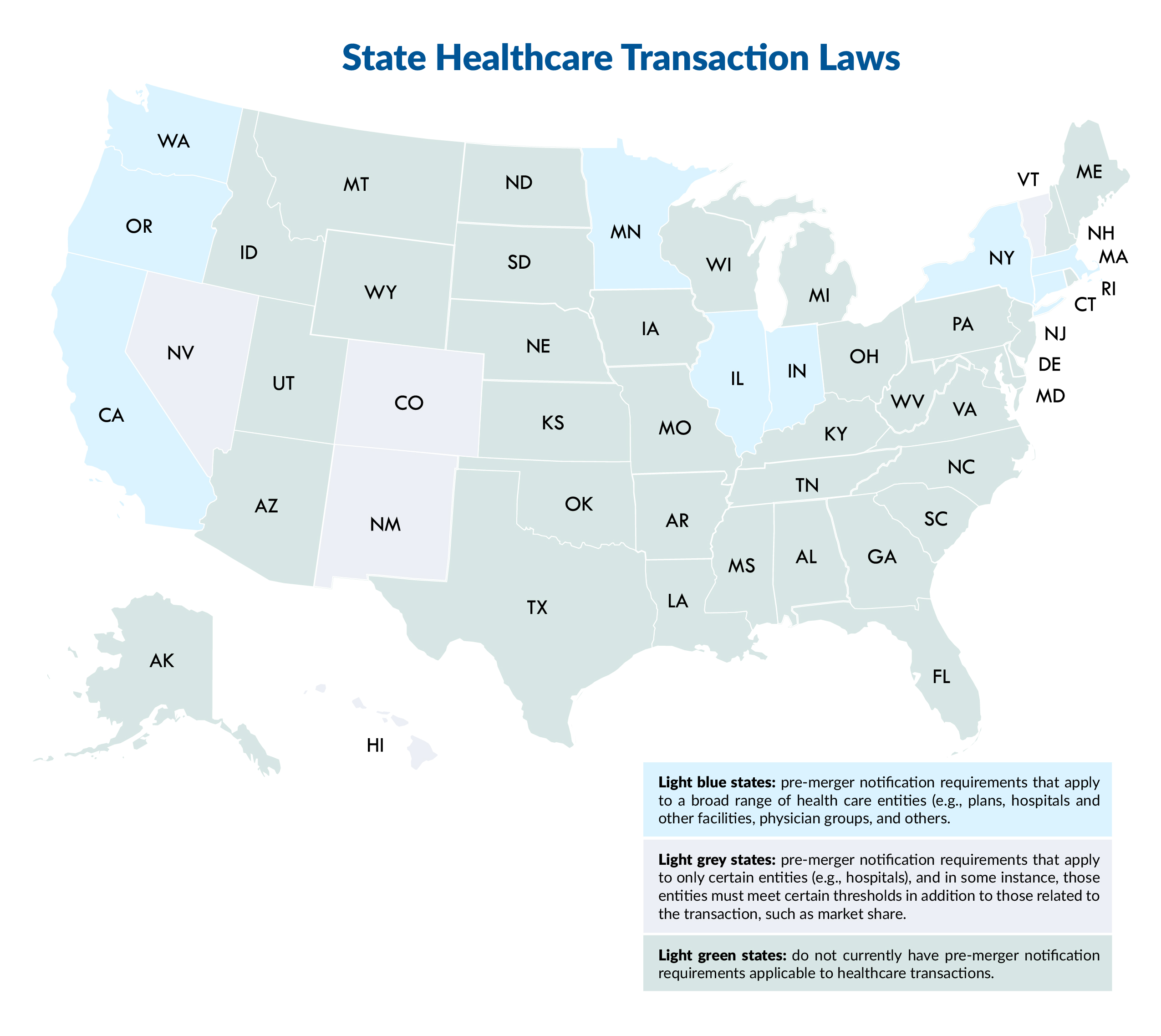As legal and policy developments continue to evolve, hospitals and health care professionals that provide gender-affirming care face new uncertainties regarding federal funding, compliance, and patient access. While these changes may not impact health care organizations that do not offer gender-affirming services, those that do must stay informed to navigate the rapidly changing legal landscape.... Continue Reading
As legal and policy developments continue to evolve, hospitals and health care professionals that provide gender-affirming care face new uncertainties regarding federal funding, compliance, and patient access. While these changes may not impact health care organizations that do not offer gender-affirming services, those that do must stay informed to navigate the rapidly changing legal landscape.
Gender-affirming care, which includes medical and psychological interventions for transgender and nonbinary individuals, is a service endorsed by the American Medical Association, the American Academy of Pediatrics, and the Endocrine Society. New federal guidance and pending legal disputes raise questions about how hospitals and health care professionals that offer these services may continue to do so while maintaining compliance with evolving regulations.
A key concern for these institutions is the potential impact on federal funding for hospitals that provide gender-affirming care, particularly for minors. Recent executive actions and policy statements have signaled that certain federal funding streams—such as Medicare and Medicaid reimbursements, medical education grants, and research funding—could be subject to additional scrutiny. While the full extent of enforcement remains unclear, agencies such as the Department of Health and Human Services and the Centers for Medicare & Medicaid Services are expected to issue further guidance that could affect reimbursement policies and institutional funding structures.
Late last week two federal courts granted temporary restraining orders (“TROs”) enjoining parts of President Trump’s Executive Order 14187, related to gender affirming care, and Executive Order 14168, related to recognition of gender identity.
On February 13, a federal court in Maryland granted a nationwide TRO prohibiting the U.S. Department of Health and Human Services (“HHS”), Health Resources and Services Administration, National Institutes of Health, National Science Foundation, and any subagencies of HHS from conditioning or withholding federal funding based on the fact that a healthcare entity or health professional provides gender affirming medical care to a patient under the age of nineteen. The TRO will be in effect for 14 days. The order also requires the federal agencies to file a status report by February 20 to inform the court about their compliance with the order. The TRO only enjoins the provisions of Executive Orders 14187 and 14168 related to federal funding and grant conditions. The other provisions of EO 14187, including those directing the Secretary of HHS to take appropriate regulatory and sub-regulatory actions in the Medicare and Medicaid programs and in health insurance coverage offered through Exchanges to end gender affirming care for children, remain in effect.
On February 14, a federal court in Washington granted a second TRO related to EO 14187, temporarily blocking enforcement and implementation of both the EO provision related to conditions on federal funding and the provision redefining the term “female genital mutilation” under a U.S. criminal statute. The TRO will also be in effect for 14 days and applies only within the states of Washington, Oregon and Minnesota.
The temporary restraining orders have paused some of the executive order’s effects, but they are only short-term measures. If they expire without further legal intervention, hospitals and health care professionals that provide gender-affirming care could once again face challenges related to federal funding, compliance risks, and regulatory enforcement. While the funding restrictions are currently blocked, the executive order also directs federal agencies to take broader action against gender-affirming care in federal programs, which could lead to further administrative and regulatory hurdles.
For hospitals and health care professionals that provide gender-affirming care and rely on Medicare and Medicaid reimbursements, federal research grants, or medical education funding, this uncertainty makes it difficult to plan ahead. There is also the question of how federal agencies will interpret and apply these policies once the TROs expire, particularly in states with existing protections for gender-affirming care.
Hospitals and health care professionals that provide gender-affirming care need to assess their financial risk, legal position, and potential compliance strategies now rather than waiting for additional court rulings. Being proactive in understanding the risks and preparing for different scenarios will help institutions navigate what remains a highly fluid and unpredictable regulatory environment.
Given the shifting regulatory environment, hospitals and health care professionals that continue to offer gender-affirming care should take proactive steps to mitigate risks and ensure compliance. Conducting a thorough review of federal funding sources will be essential in assessing exposure to potential funding restrictions. Performing an inventory of the types of gender-affirming care being provided as well as gender-affirming mental health support and research is also advisable. Engaging with legal and policy experts to develop compliance strategies will help institutions navigate changing regulations while maintaining patient care commitments.
Additionally, in states where gender-affirming services remain protected, hospitals and health care professionals may still face federal scrutiny but could have stronger legal grounds to continue offering care. In states with restrictive policies, exploring out-of-state partnerships or telehealth models may provide alternative pathways for patient access.
As this issue continues to develop, healthcare institutions and professionals that provide gender affirming care must remain agile and prepared for further policy changes. The next several months are likely to bring additional legal challenges, agency directives, and potential legislative responses that could further shape the landscape. Hospitals and health care professionals providing gender-affirming care should actively assess their institutional risk, consult legal and policy experts, and remain engaged in broader policy discussions to ensure they can continue to deliver these services while staying compliant with applicable laws.
We will continue monitoring these developments and provide further updates as new legal and regulatory guidance emerges.







